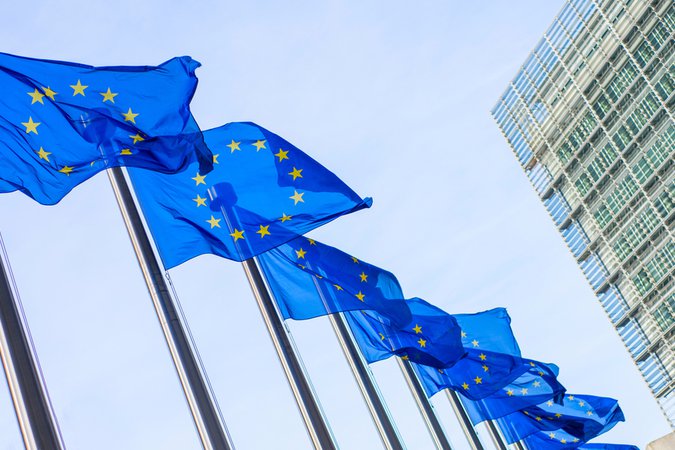New Episode of Resources Radio: “Was Madrid a COP-Out? Assessing COP25, with Nathaniel Keohane”
WASHINGTON, DC—Resources for the Future (RFF) today released a new installment of Resources Radio: “Was Madrid a COP-Out? Assessing COP25, with Nathaniel Keohane.”
In this episode, host Daniel Raimi talks with Nathaniel Keohane, senior vice president for climate at Environmental Defense Fund and a former special assistant for energy and environment in the Obama administration. Keohane assesses the outcomes of this year’s annual international climate negotiations, otherwise known as COP25. He provides an overview of the goals of the conference; whether those goals were achieved; and several other issues, including conference protests, the role of the US delegation, and what to look for at next year’s COP26.
Notable quotes from the podcast:
- Outcomes of COP25: “I think we have to be honest and say [COP25] was pretty much a complete failure … They managed to salvage some decisions, [but] … there was no agreement on carbon market guidance for the second year in a row. They did make progress, but they weren't able to bring it home.”―Nathaniel Keohane (13:07)
- Increasing ambition in emissions reductions: “One thing we really need is more ambition … [I]f countries get together, and they can take advantage of markets to find the emissions reductions wherever and whenever they can be done most quickly and cheaply, that can raise the overall ambition that can increase overall emissions reductions.”―Nathaniel Keohane (16:40)
- Carbon markets: “Countries that are really serious about markets can and should start agreeing on their own rules for high integrity emissions trading. And we think they could start doing that right away, and then the UN could catch up. Law could follow practice, in that case.”―Nathaniel Keohane (28:22)
- Climate activism: “The gap between what the public is demanding, what citizens are demanding, what youth in particular are demanding in terms of action, and what the UN process is delivering—that gap is wider than ever. And that's partly because the UN processes are slowing down; we’re in a lull. And it's largely because there's so much more awareness and demands from the youth and from other activists.”―Nathaniel Keohane (29:45)
Resources Radio is a weekly podcast series exploring timely environmental, energy, and natural resources topics. Episodes can be found on Apple Podcasts, Google Play, SoundCloud, Spotify, and Stitcher.
Resources for the Future (RFF) is an independent, nonprofit research institution in Washington, DC. Its mission is to improve environmental, energy, and natural resource decisions through impartial economic research and policy engagement. RFF is committed to being the most widely trusted source of research insights and policy solutions leading to a healthy environment and a thriving economy.
Unless otherwise stated, the views expressed here are those of the individual authors and may differ from those of other RFF experts, its officers, or its directors. RFF does not take positions on specific legislative proposals.
For more information, please see our media resources page or contact Media Relations and Communications Specialist Annie McDarris.


